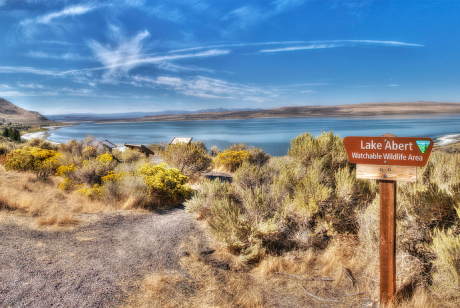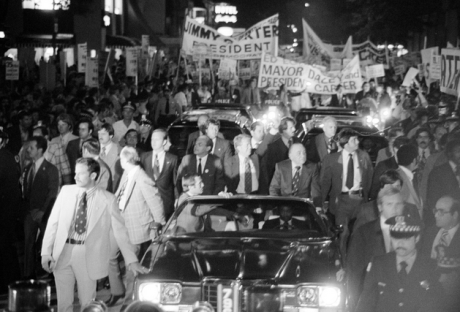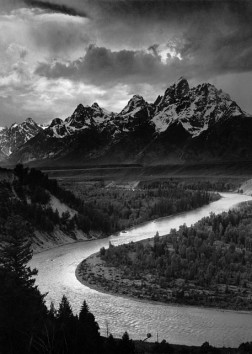There is some difficulty in drawing too many conclusions from elections in other countries. Sometimes they do seem to portend what’s coming in the United States, as when Margaret Thatcher was elected prime minister at Great Britain in 1979, just ahead of her philosophical ally Ronald Reagan in the United States in 1980. In some other occasions, shifts in electoral preferences elsewhere presage little here, partly because the issues are different, the sense of the people is different, and political parties don’t neatly fall into analogues for American Republicans and Democrats. But there’s enough parallel between the United States and Canada that some note of what’s happening in the Great White North might be of use. For the last half-dozen years or so Canada has been led by Stephen Harper of the Conservative Party, but he has been heading a coalition government, in recent years just hanging on it. It’s been quite a few years since Canada voted overwhelmingly in one direction. But it did on Monday, when the country went overwhelmingly Liberal, winning nearly twice as many seats in Parliament as the conservatives, and putting in power Justin Trudeau, son of the former PM Pierre Trudeau. The analogues with the United States involved here are limited; Trudeau’s celebrity is not exactly like that of any U.S. politician (Hillary Clinton and Jeb Bush included), and the two main parties are not perfect analogues for those in the United States (the Liberal up north are big advocates of the Keystone pipeline). But there is this. Trudeau campaigned specifically and centrally on more public spending, even deficit spending, with an eye to pushing Canada’s economy forward, and was strongly pro-immigrant; Harper took opposing positions. That country seemed, in its vote, to take a stand on those things. Might that be an indicator of conditions down here? – rs
Share on Facebook




